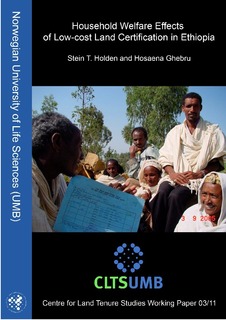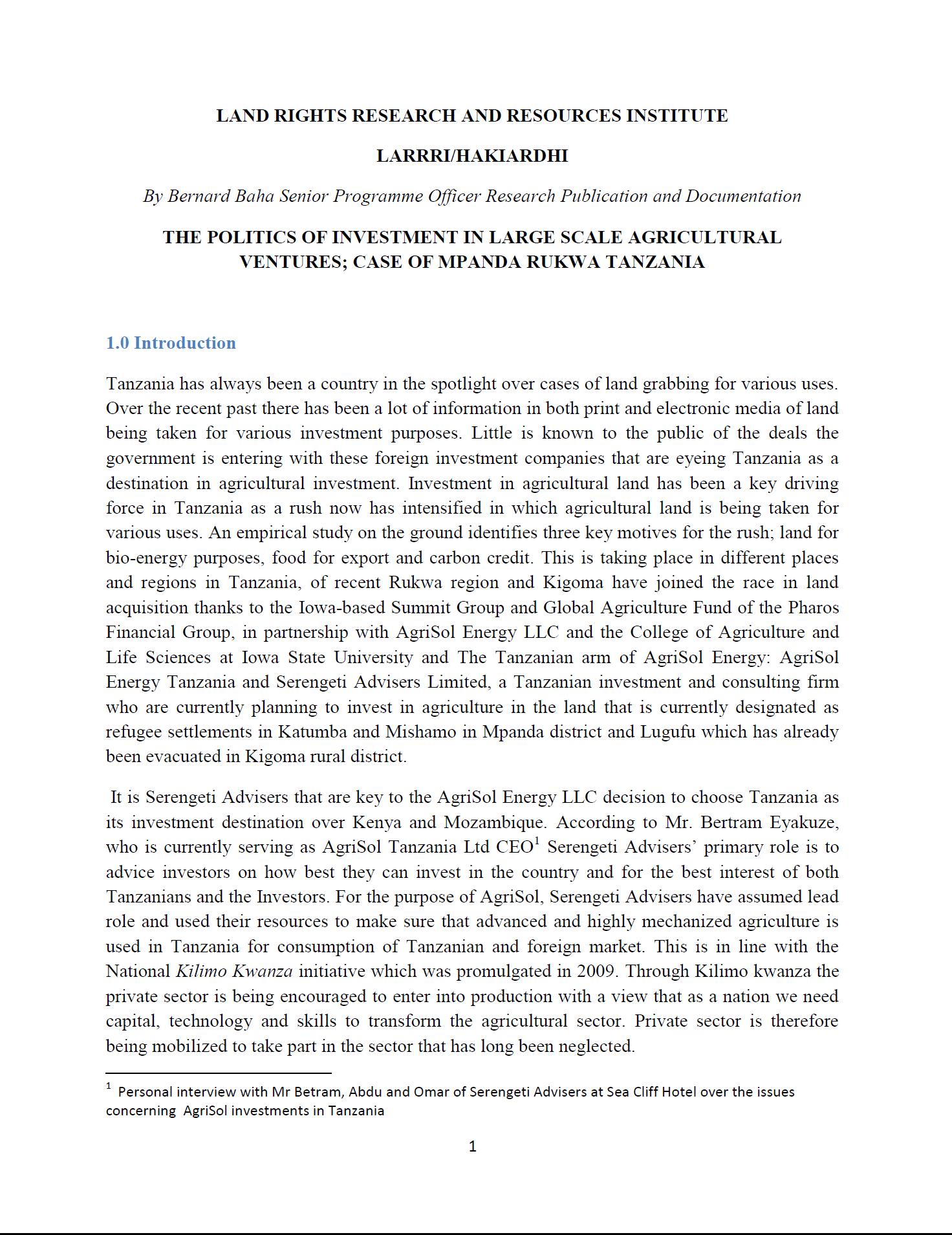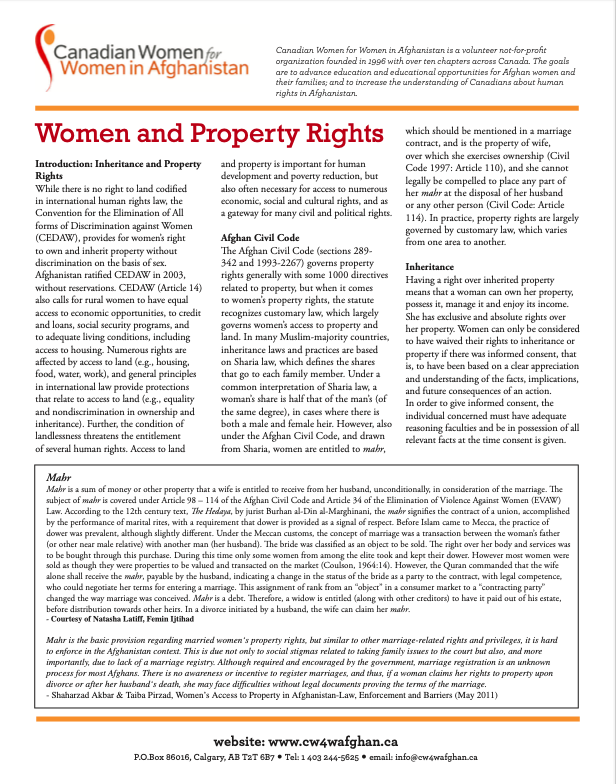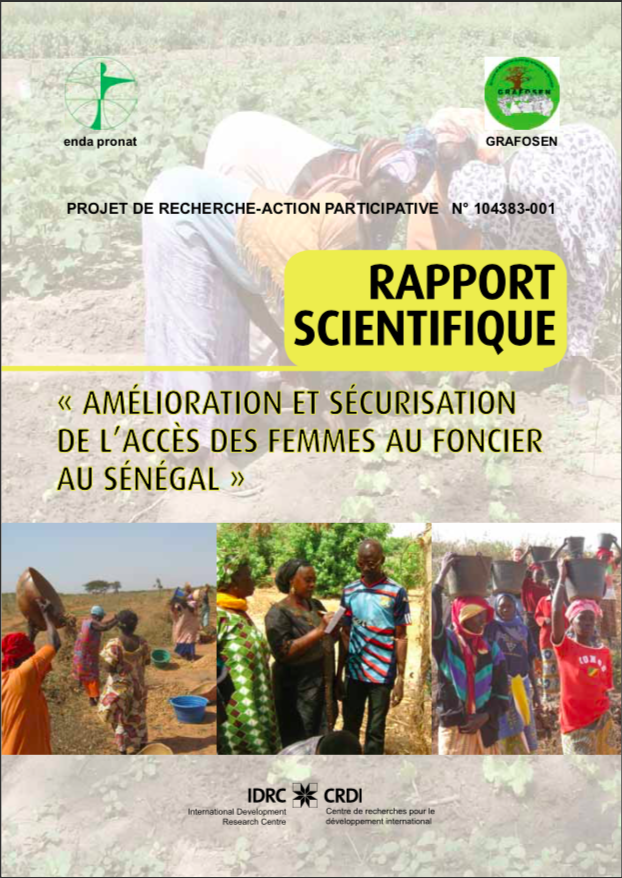Women’s Access to Land: An Asian Perspective
ABSTRACTED FROM INTRODUCTION: Women’s access to and control over land can potentially lead to gender equality alongside addressing material deprivation. Land is not just a productive asset and a source of material wealth, but equally a source of security, status and recognition.
Household welfare effects of low-cost land certification in Ethiopia
Several studies have shown that the land registration and certification reform in Ethiopia has been implemented at an impressive speed, at a low-cost, and with significant impacts on investment, land productivity, and land rental market activity. This study provides new evidence on land productivity changes for rented land and on the welfare effects of the reform.
Local solutions gain ground in East Africa
In Uganda, Tanzania, and Kenya, a decentralized approach to land administration promises more accessible dispute resolution and a better deal for women. Among the challenges however, are old social attitudes that pre-empt discussion about women’s right to control land. In Lira district, for example, in-laws and land-grabbers routinely chase widows off land.
Highlands and Drylands : Mountains, a source of resilience in arid regions
Dryland mountains are among the least-known environments in the world, and certainly one of the most overlooked by decision- and policy-makers. Dryland mountains have an outstanding strategic value.
Enhancing Legal Empowerment and Customary Law in Rwanda: Report of a Pilot Project concerning Community-level Dispute Resolution and Women’s Land Rights
We present a report on the results of a 10-month pilot project conducted in North- Western Rwanda that aimed to explore fruitful ways to engage with customary law in order to empower rural communities and rural women in particular.
The Politics of Investment in Large Scale Agricultural Ventures: Case of Mpanda Rukwa Tanzania
Tanzania has always been a country in the spotlight over cases of land grabbing for various uses. Over the recent past there has been a lot of information in both print and electronic media of land being taken for various investment purposes.
Land Law Review and Drafting of Land Laws for Bangladesh
The complexity and magnitude of issues pertaining to land administration and management in Bangladesh cannot be overstated. The nature and volume of land disputes in the nation indicate the inefficiency of the land administration system and land dispute resolution mechanisms. Especially multiple claims to the same property-fuelled by the uncoordinated land recording systems-are widespread.
Women and Property Rights
While there is no right to land codified in international human rights law, the Convention for the Elimination of All forms of Discrimination against Women (CEDAW), provides for women’s right to own and inherit property without discrimination on the basis of sex. Afghanistan ratified CEDAW in 2003, without reservations.
Amélioration et sécurisation de l’accès des femmes au foncier au Sénégal
A l’instar de la plupart des pays sahéliens, l’économie sénégalaise reste encore très dépendante de l’agriculture. Celle-ci peut être décomposée en trois volets dont l’importance varie d’une zone écogéographique à une autre.
Who Owns the Land? Perspectives from Rural Ugandans and Implications for Land Acquisitions
Includes key concepts for understanding land rights; land tenure and women’s property rights in Uganda; land acquisition in Uganda; who owns the land? Perspectives from the local level. Analyses how different ways of defining landownership provide very different indications of the gendered patterns of landownership and rights.
Women and Land. Securing Rights for Better Lives
Includes experiences from the field (East Africa, Malawi, Cameroon, Senegal, Colombia, Pakistan). Lessons learned include participation-oriented research methods are recommended. Merely passing legislation is of little effect without the necessary resources for implementation, monitoring reforms or effective sanctions.











